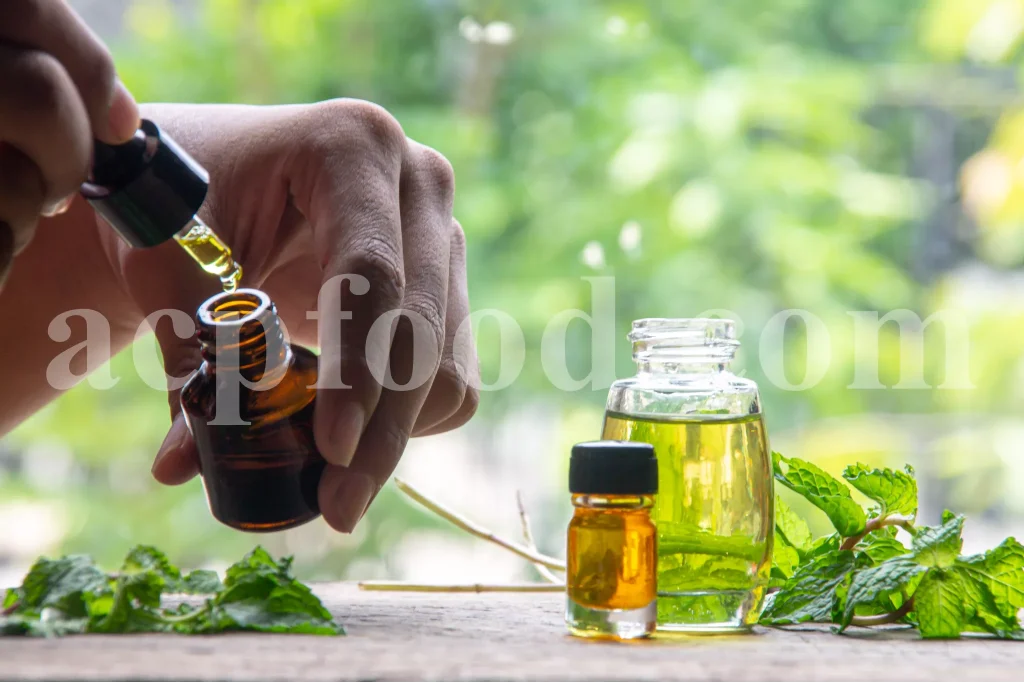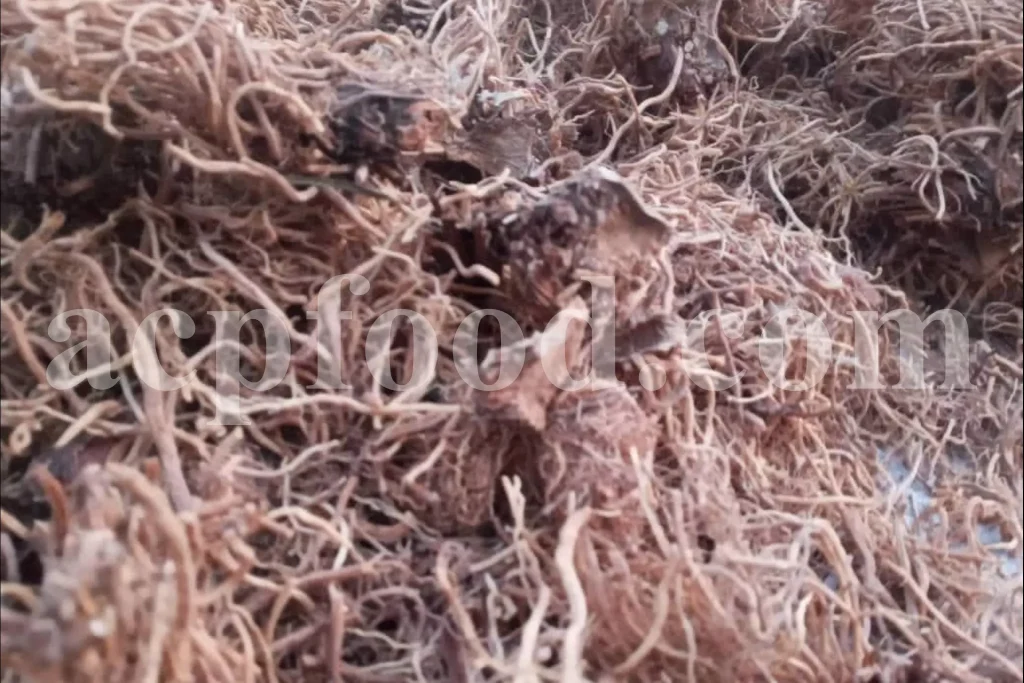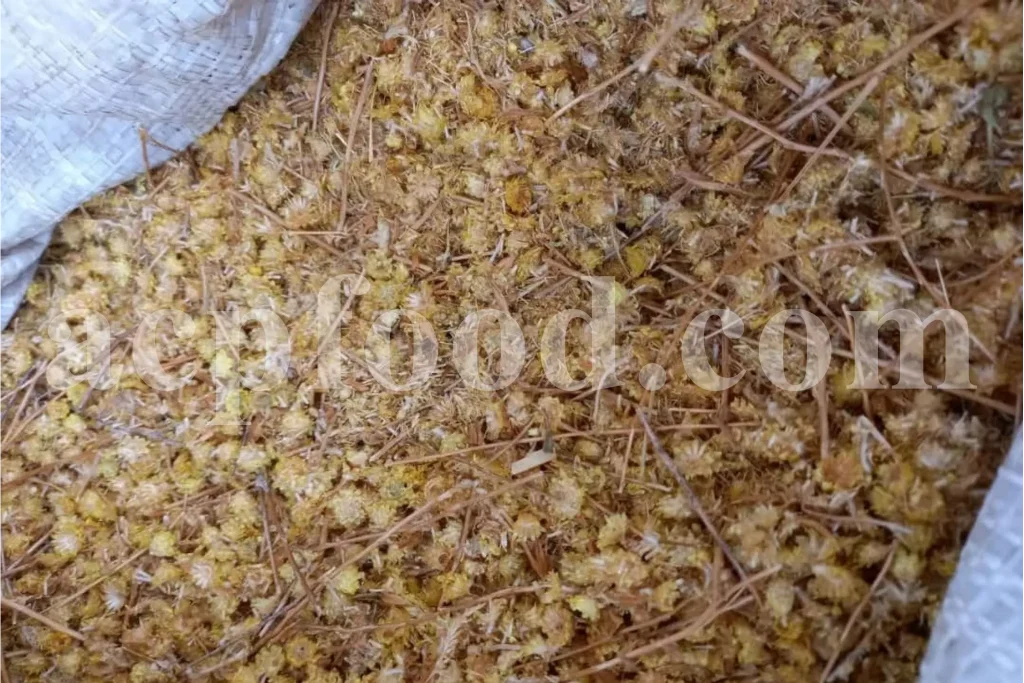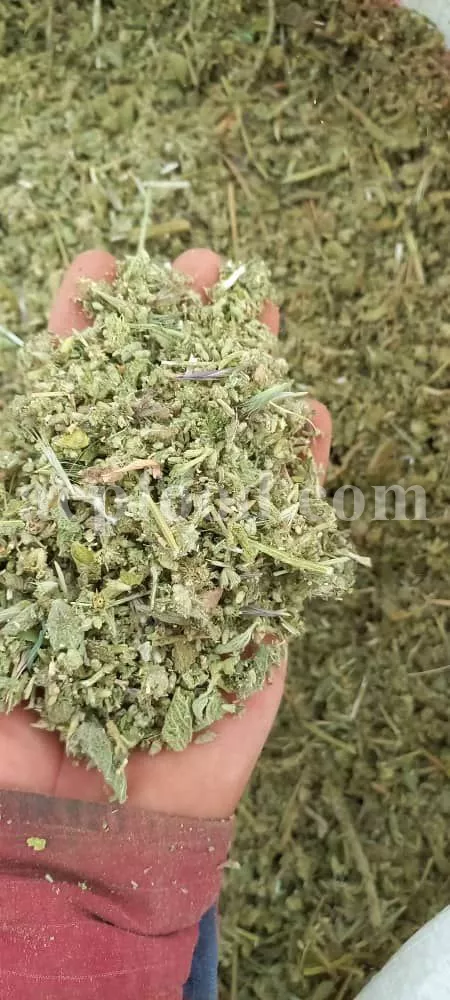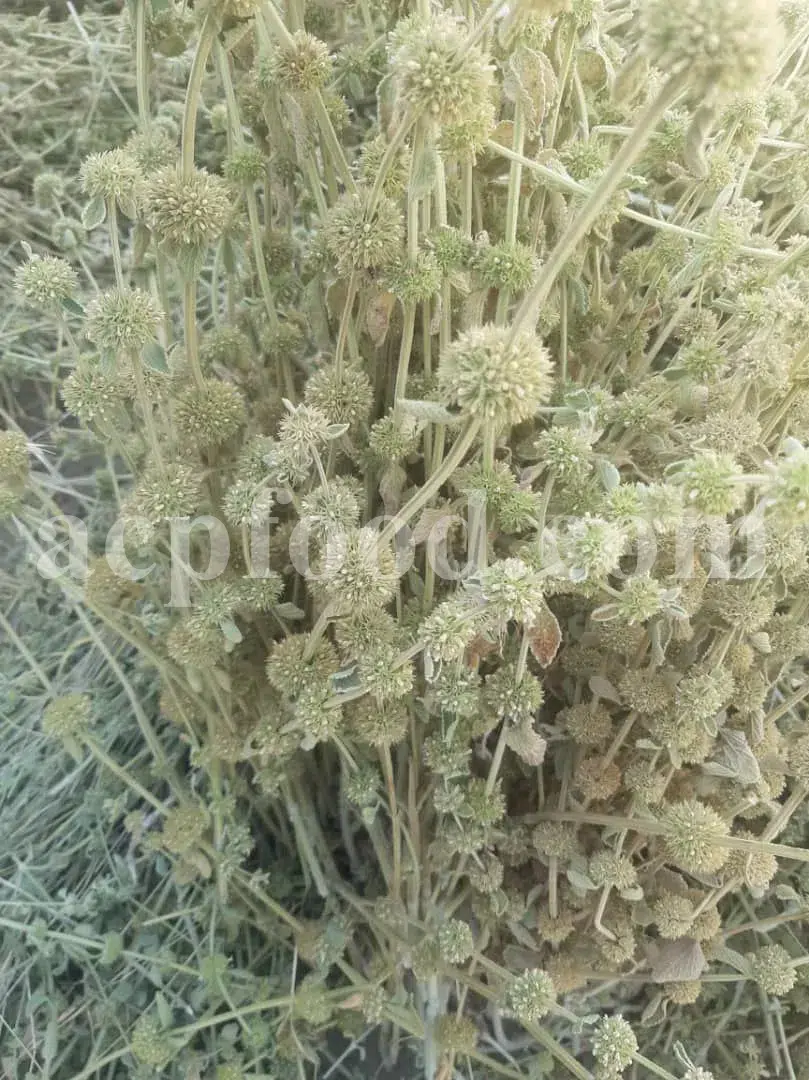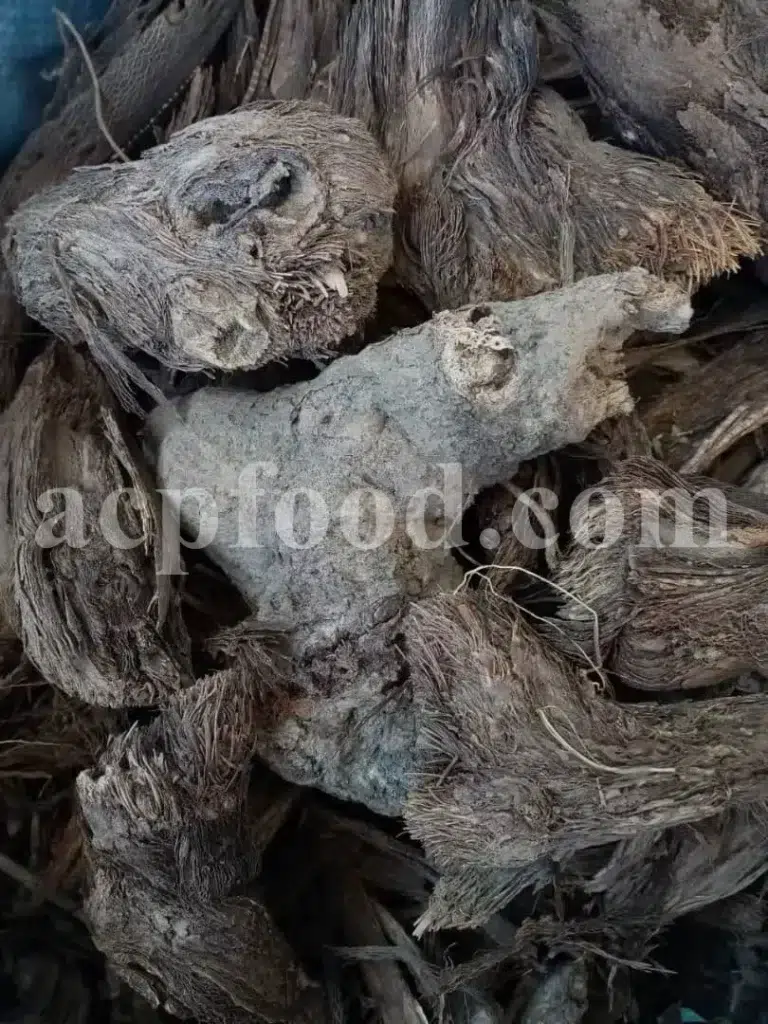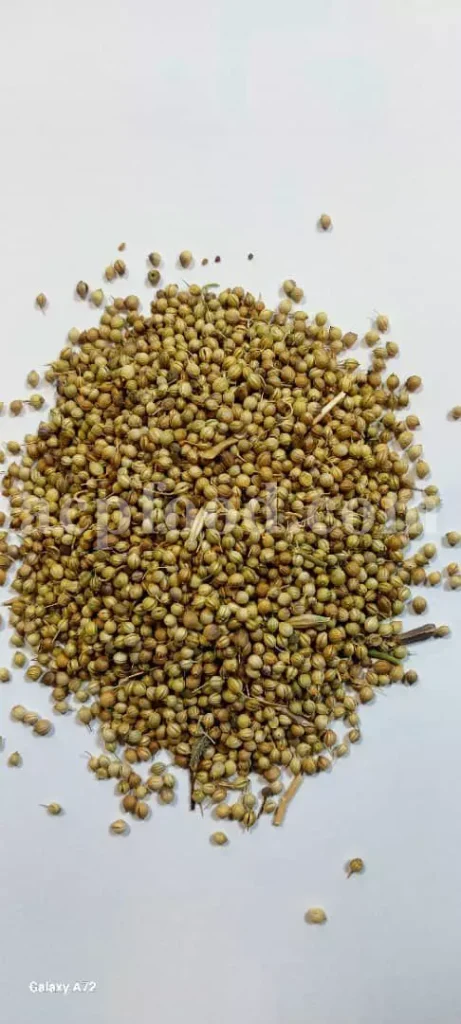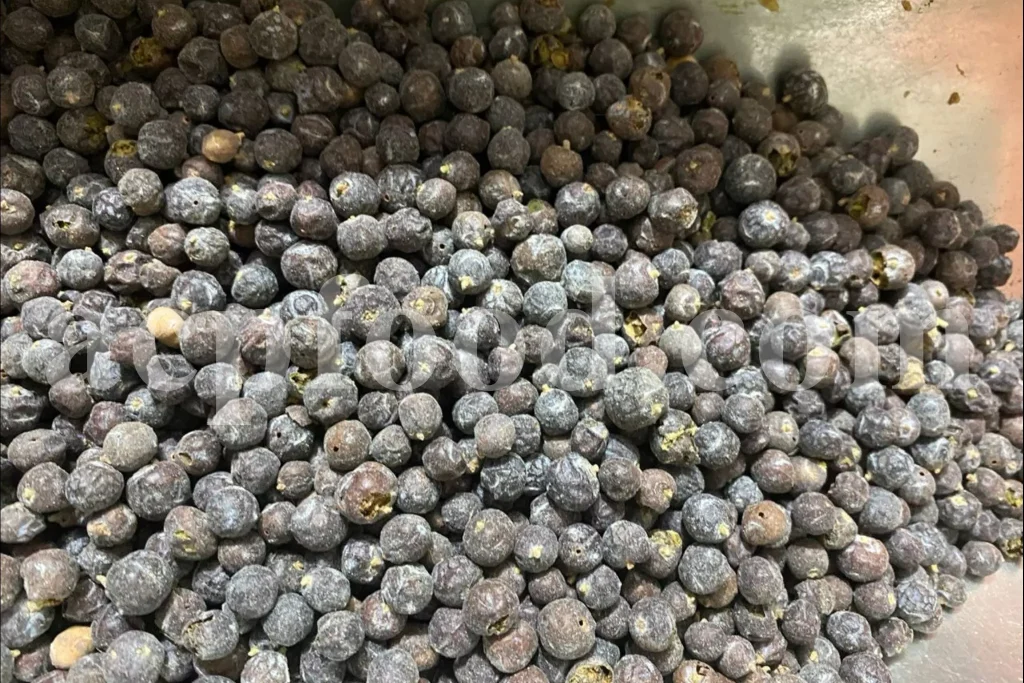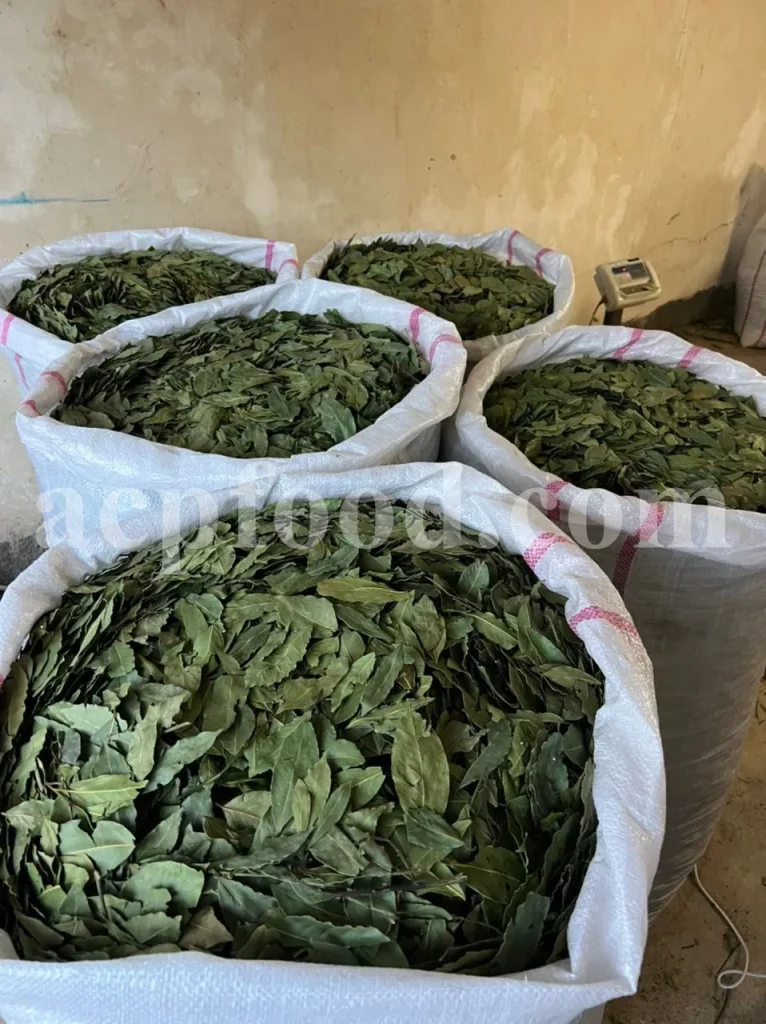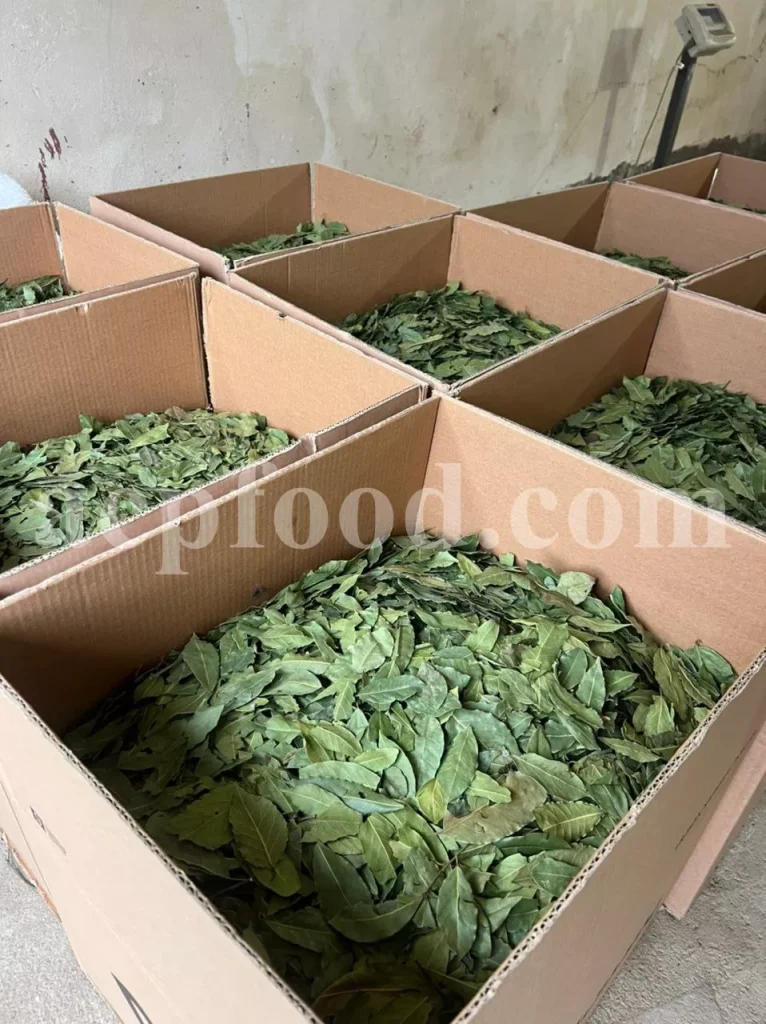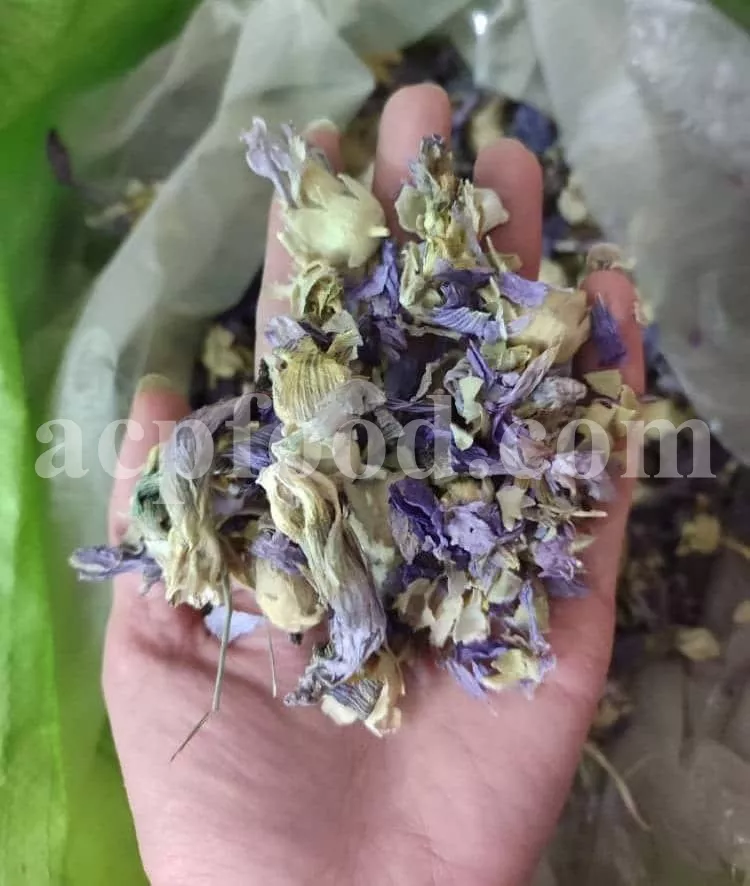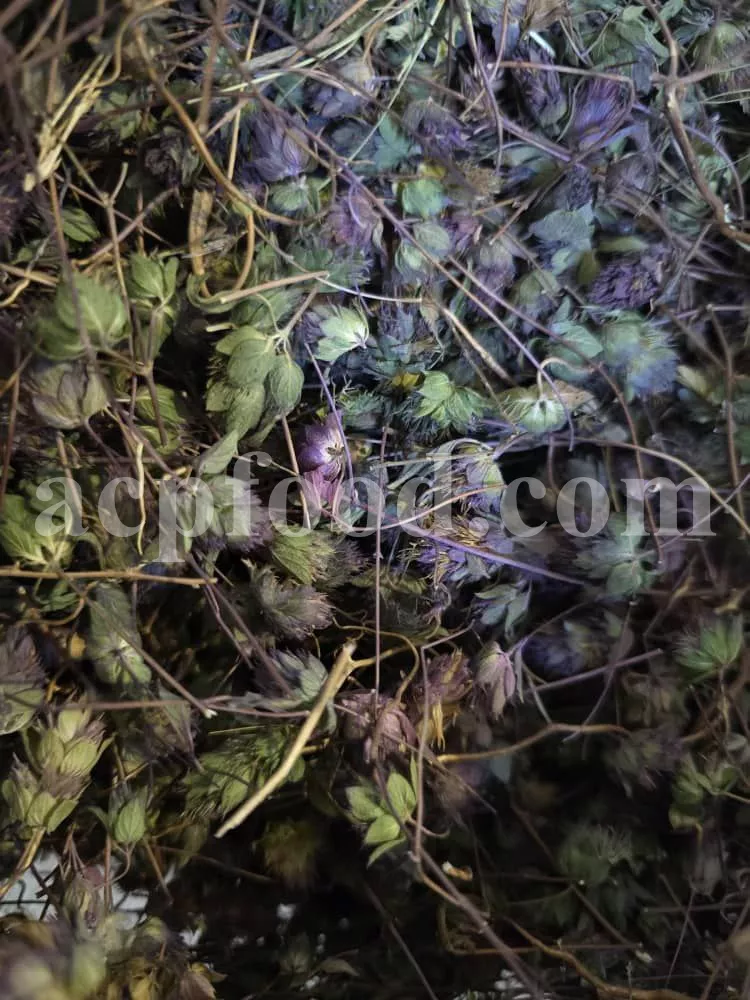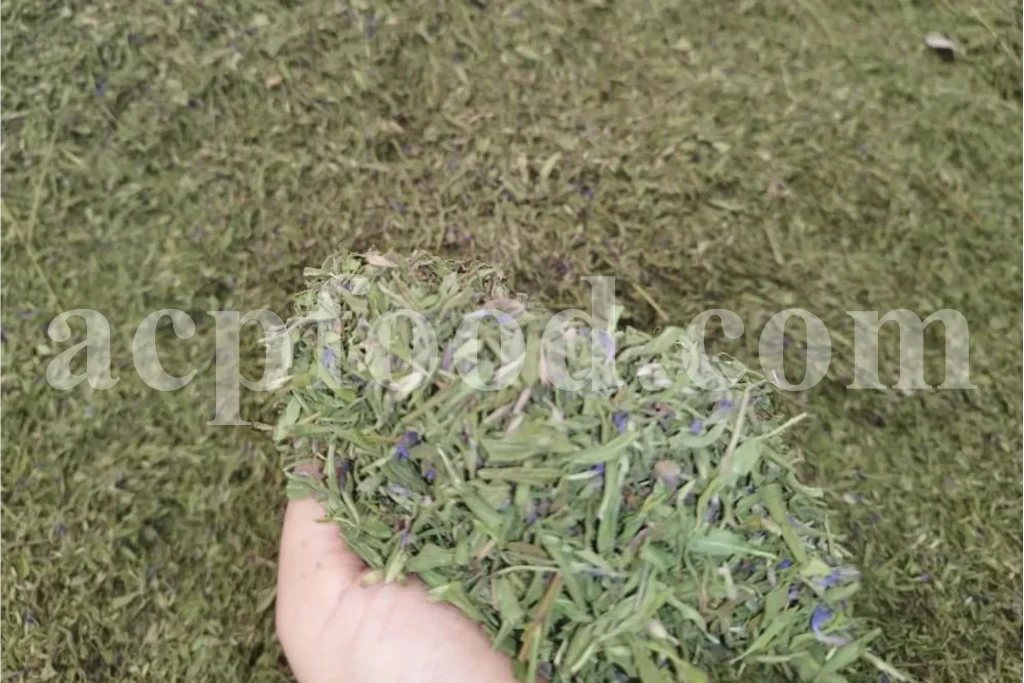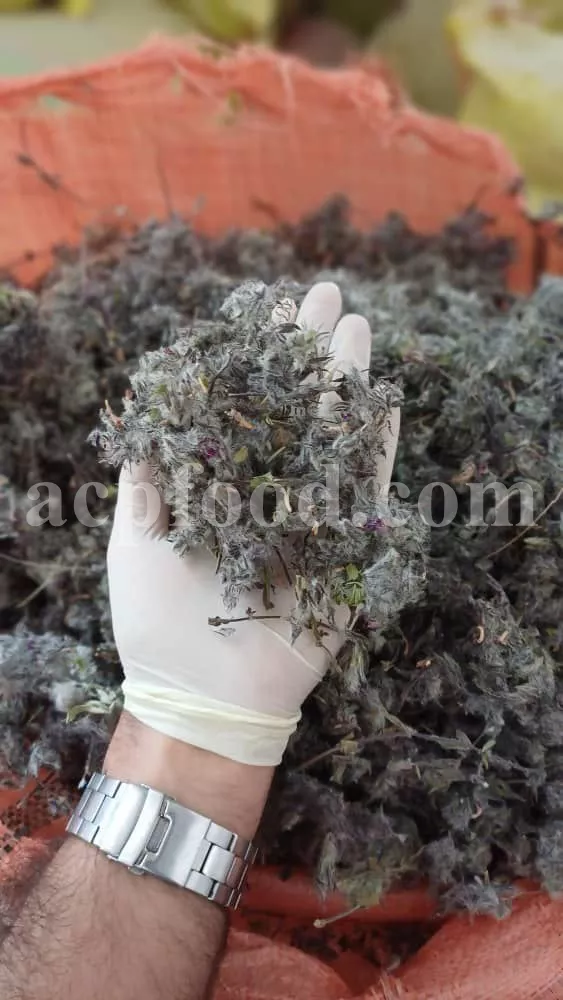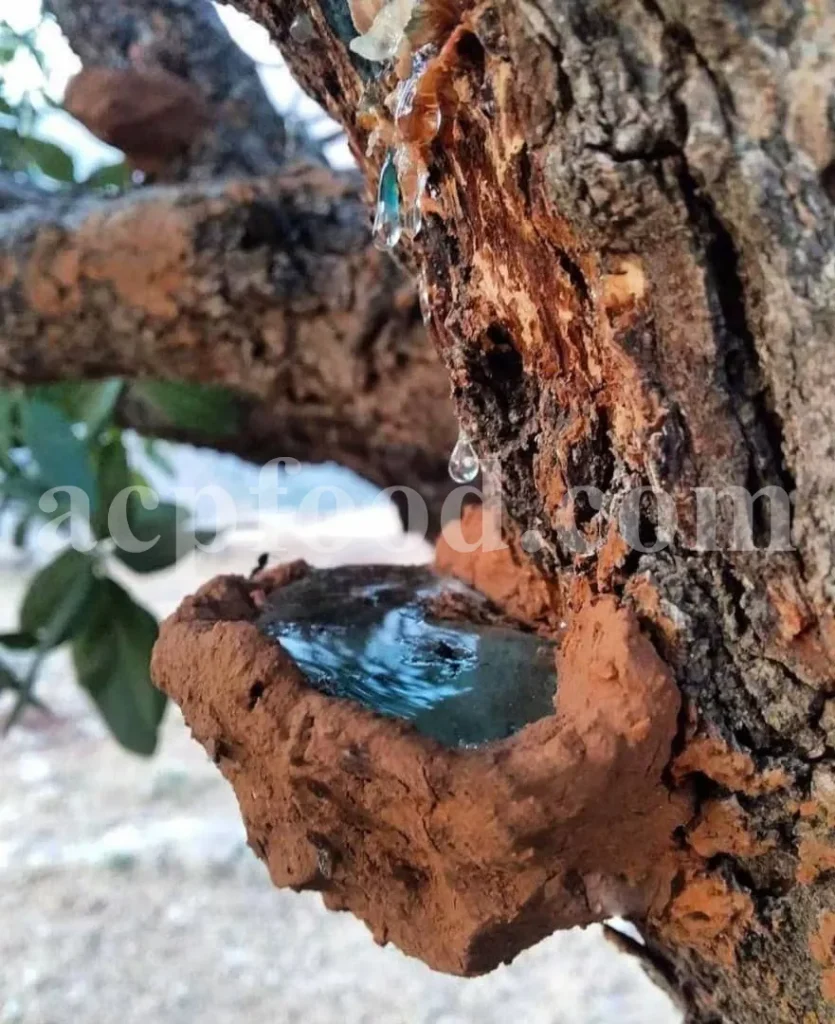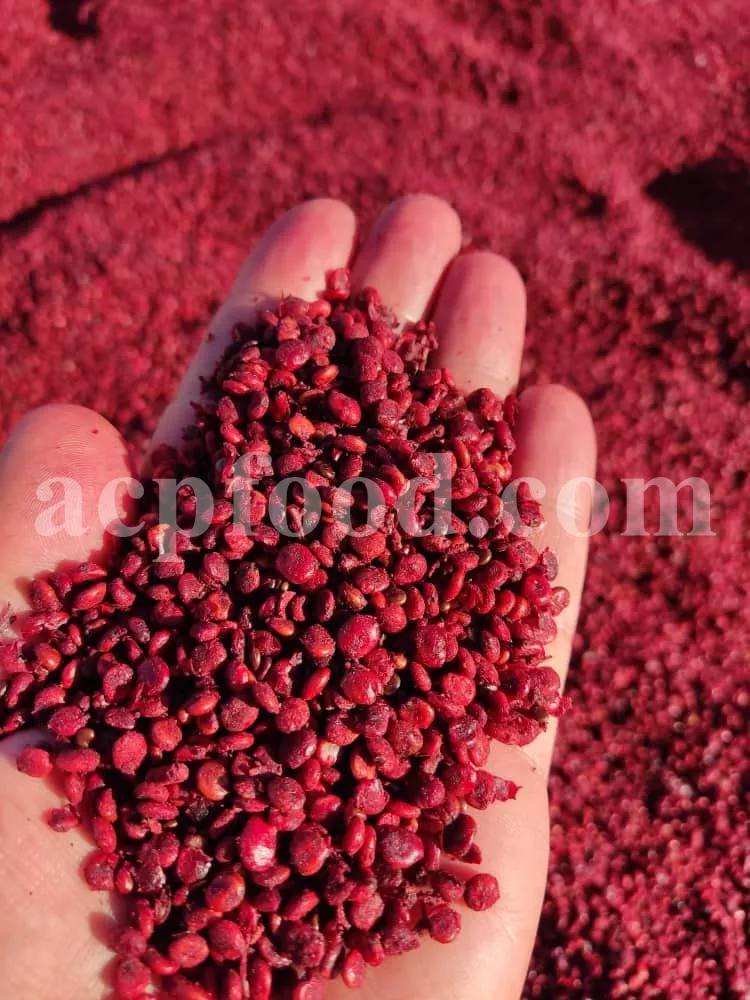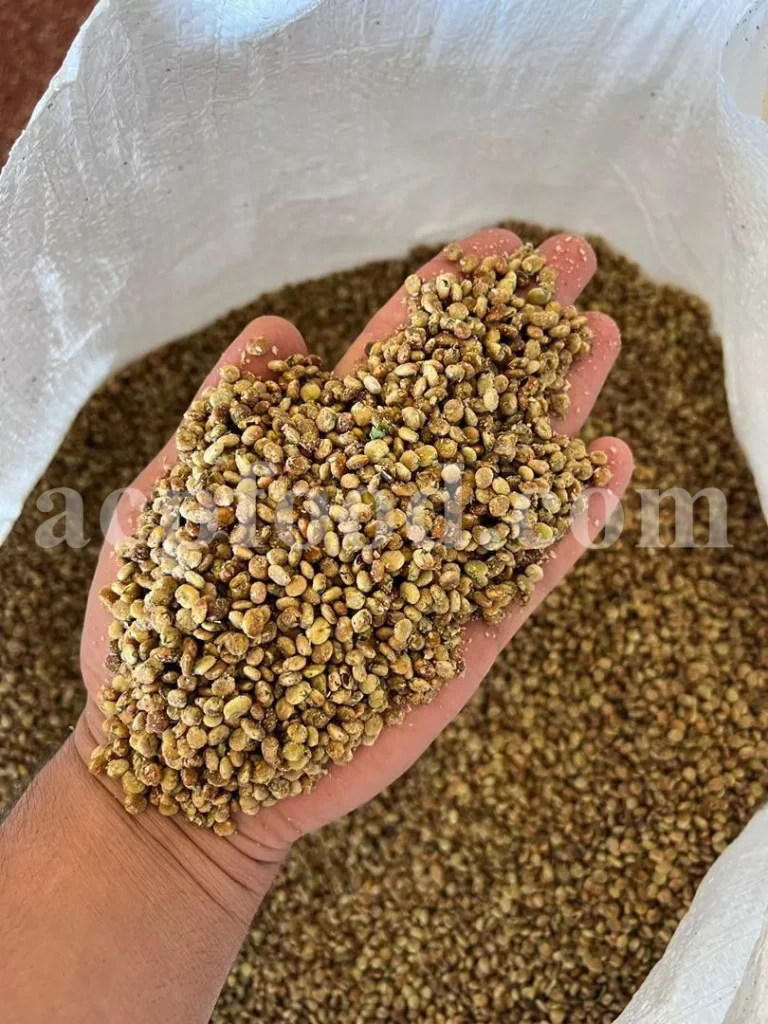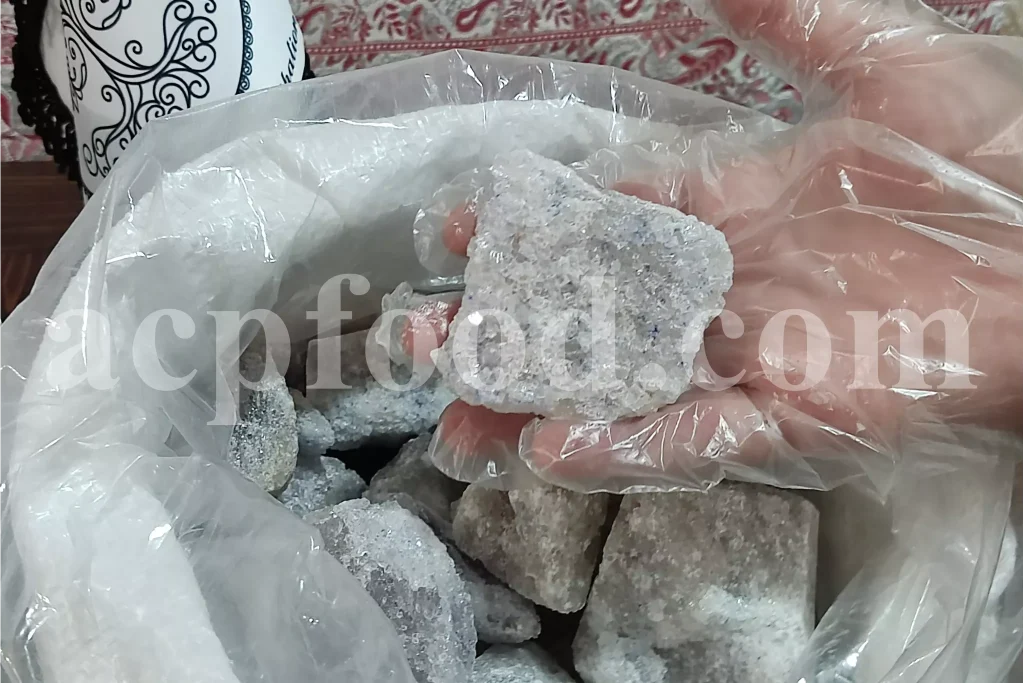Table of Contents
ToggleThe United Kingdom’s Herbal Legacy
Traditional and Modern Uses of Medicinal Herbs in the UK reveal how, for centuries, medicinal plants in the UK have shaped both culture and wellbeing. From the monastic gardens of medieval Britain to the apothecaries of Victorian London, herbs have always played a central role in healing and nourishment. Generations relied on traditional herbal medicine in the UK, turning to nature for remedies that soothed, strengthened, and restored balance.
Some of the most beloved British herbal traditions still thrive today. Chamomile, nettle, peppermint, and elderflower are among the iconic herbal teas and remedies UK families have trusted for centuries—celebrated for their calming, cleansing, and invigorating qualities. These herbs were once gathered from wild meadows and cottage gardens, symbolizing the British connection to the land and its natural healing power.
Today, this ancient heritage continues to inspire innovation. The same plants once steeped in teapots and tonics are now refined into botanical extracts, essential oils, and natural ingredients for cosmetics and nutraceuticals. Across England, Scotland, Wales, and Northern Ireland, these traditional botanicals are finding new life in modern uses of medicinal herbs—bridging heritage and science, nature and industry.
Traditional Uses of Medicinal Herbs in the UK
Across the British Isles, traditional herbal medicine in the UK has long been shaped by the island’s landscapes, gardens, and generations of healers who worked with nature’s apothecary. From wild meadows and monastery gardens to village remedies passed through families, these medicinal plants in the UK tell stories of resilience, craftsmanship, and care. Each herb carried not only healing potential but cultural meaning — a link between people and place.
Even as industrial progress transformed medicine, the heritage of British herbal traditions remained alive in teas, tinctures, and aromatic blends. Today, revisiting these botanicals reminds us that many ancient remedies have evolved into standardized extracts and functional ingredients — forming the foundation of modern uses of medicinal herbs in wellness, cosmetics, and nutraceutical industries.
In the sections below, we explore some of the most iconic botanicals once cherished in folk medicine and now recognized in modern formulations — from Valerian Root to Persian Blue Salt, each symbolizing how nature’s wisdom continues to inspire innovation in the UK.
Traditional and Modern Uses of Medicinal Herbs in the UK reveal how heritage-based remedies continue to influence contemporary wellness trends, bridging centuries of botanical knowledge with the growing demand for certified medicinal herbs and natural ingredients for UK industries.
For centuries, British households relied on herbal remedies like chamomile, peppermint, and elderflower to ease common ailments — a practice that continues even today, though now under more regulated standards.
Modern guidance from the NHS on herbal medicines notes that while natural remedies can be effective, they should be used safely and responsibly.
🌿 Valerian Root (Valeriana officinalis L.)
Traditional and Modern Uses of Medicinal Herbs in the UK can be beautifully illustrated through the enduring legacy of Valerian Root — one of Britain’s most beloved and calming medicinal plants. Deeply rooted in British herbal traditions, Valerian has been cultivated in cottage gardens and monastery herb plots since medieval times. Its fragrant rhizomes were dried and used as a soothing tonic to calm anxiety, promote restful sleep, and ease nervous tension — a classic example of traditional herbal medicine in the UK that still resonates today.
In early English apothecaries, Valerian was often brewed as a herbal tea remedy for sleeplessness or mixed with lavender and chamomile to create natural sedatives. Country healers recommended it for “troubled spirits,” and its use spread across Europe through trade routes linking British and continental herbalists. Records from the 17th century show that Valerian was listed in the London Pharmacopoeia for its value as a nervine herb — a sign of how medicinal plants in the UK formed the foundation of regulated herbal practice long before modern pharmaceuticals emerged.
Today, Valerian Root continues to serve both the traditional and modern uses of medicinal herbs in the UK, bridging heritage with science. Its standardized botanical extracts are widely used in nutraceuticals, teas, and natural sleep aids, supporting the booming wellness and supplement markets. In the cosmetics sector, valerian’s essential oil contributes to relaxing bath and body formulations, aligning with the growing demand for natural ingredients for cosmetics and nutraceuticals.
For manufacturers and formulators, responsibly sourced Valerian Root from certified suppliers ensures quality and traceability — essential in the era of sustainability. As a medicinal herbs supplier UK businesses trust, we offer bulk, ethically harvested Valerian Root for herbal blends, tinctures, and extracts that uphold both tradition and innovation.
Through this single plant, the heritage of British herbal medicine and the future of herbal ingredients for UK industries come together — a living link between the wisdom of the past and the craftsmanship of today.
Wormwood Herb (Artemisia absinthium L.)
Few medicinal plants in the UK carry as much folklore and intrigue as Wormwood, a silvery-green herb once prized by apothecaries and folk healers alike. Known for its distinctive bitter taste and strong aromatic presence, Wormwood was a cornerstone of traditional herbal medicine in the UK, where it was valued for aiding digestion and repelling intestinal parasites. Herbalists from medieval to Victorian times prescribed Wormwood tinctures and tonics as a cleansing, fortifying remedy — reflecting the deep British herbal traditions that balanced body and spirit through the power of plants.
Its presence in herbal teas and remedies in the UK also has cultural resonance. Families often brewed Wormwood infusions in small doses to stimulate appetite or soothe digestive discomfort, blending the herb’s medicinal strength with a sense of ritual. In folklore, it symbolized protection and purification, often tied to midsummer celebrations and seasonal cleansing practices. This union of practicality and symbolism shows how Wormwood became more than just a plant — it became a guardian of health in everyday British life.
In today’s world, the modern uses of medicinal herbs like Wormwood extend far beyond home remedies. Extracts from Artemisia absinthium are now standardized and refined, forming key herbal ingredients for UK industries such as nutraceuticals, pharmaceuticals, and natural cosmetics. Its active compounds — including absinthin and thujone — contribute to formulations designed to support digestion, skin toning, and wellness blends. The herb also finds its place in craft beverages and aromatic bitters, bridging its heritage value with industrial innovation.
At ACPFOOD, we recognize Wormwood’s enduring role in connecting the Traditional and Modern Uses of Medicinal Herbs in the UK. As a medicinal herbs supplier UK, we ensure our Wormwood Herb is responsibly sourced, thoroughly tested, and ready for use by manufacturers seeking certified medicinal herbs and botanical extracts UK. Whether used in traditional preparations or advanced formulations, Wormwood continues to represent the harmony between nature’s wisdom and contemporary science — a living legacy of British herbalism, refined for today’s wellness industries.
Horehound Leaves and Flowers (Marrubium vulgare L.)
Among the many medicinal plants in the UK, few have held such enduring respect as Horehound, a hardy perennial with soft, woolly leaves and delicate white blossoms. For centuries, this humble herb was a staple of traditional herbal medicine in the UK, known as a natural remedy for coughs, sore throats, and digestive ailments. Found growing along hedgerows and cottage gardens, Horehound symbolized both self-reliance and healing — a testament to the enduring British herbal traditions that valued simplicity, purity, and the power of native plants.
In early England, apothecaries and herbalists used both Horehound leaves and flowers in syrups and lozenges, most famously in the “horehound candy” that soothed coughs and chest discomfort during the colder months. Its expectorant properties made it one of the most trusted herbal teas and remedies in the UK, particularly among rural families who depended on the local flora for year-round wellbeing. Some monastic gardens even listed Horehound as a “holy herb,” used not just for the lungs but as a tonic for the digestive system and liver — illustrating its versatility in both medicine and ritual.
Today, Horehound continues to bridge the gap between heritage and innovation. Modern phytochemical studies have identified compounds such as marrubiin and phenolic acids that contribute to its therapeutic potential. As part of the modern uses of medicinal herbs, Horehound is now standardized in extracts and syrups produced by UK nutraceutical and pharmaceutical industries. These botanical extracts serve as active ingredients in cough preparations, digestive tonics, and functional herbal blends for wellness brands seeking authenticity and efficacy.
Beyond medicine, Horehound herb finds growing relevance in the cosmetics and natural skincare industry due to its antioxidant and soothing effects, offering formulators a natural ingredient for cosmetics and nutraceuticals. Its adaptability shows why it remains valuable not just as an ancient remedy, but as a scientifically recognized botanical that fits the demands of modern production.
At ACPFOOD, we take pride in supplying certified medicinal herbs like Horehound to manufacturers and formulators across Europe. As a trusted medicinal herbs supplier UK and botanical wholesaler, our Horehound Leaves and Flowers are carefully dried and tested for purity, ensuring high standards for both traditional and industrial applications. Whether crafted into artisanal teas or processed into bulk herbs for manufacturers UK, Horehound continues to represent the living legacy of Traditional and Modern Uses of Medicinal Herbs in the UK — where the wisdom of the past meets the innovation of the present.
🌿 Burdock Root (Arctium lappa L.)
Traditional and Modern Uses of Medicinal Herbs in the UK
Burdock Root (Arctium lappa L.) has been a cornerstone of traditional herbal medicine in the UK, valued since medieval times for its cleansing and restorative properties. British herbalists historically used burdock in detoxifying herbal teas and remedies to purify the blood, support digestion, and treat skin conditions such as eczema and acne. Its earthy, slightly bitter flavor made it a common ingredient in tonics and home-prepared elixirs passed through British herbal traditions.
In the modern herbal industry, burdock root remains an important pharmaceutical herb in the UK, widely used in formulations targeting liver function, skin health, and metabolic balance. The root’s inulin content supports gut microbiota, while its polyphenols and lignans contribute to antioxidant and anti-inflammatory effects. These bioactive compounds have made burdock a sought-after ingredient in botanical extracts and natural ingredients for cosmetics and nutraceuticals—particularly in detox drinks, skincare lines, and functional foods designed for wellness-conscious consumers.
From a commercial standpoint, burdock root is increasingly sourced by UK herbal ingredient manufacturers and botanical wholesalers seeking certified medicinal herbs for both traditional apothecary-style blends and modern formulations. Its rising demand in bulk herbs for manufacturers in the UK reflects a strong alignment between heritage wisdom and the needs of contemporary industries embracing natural health solutions.
🌿 Coriander Seeds (Coriandrum sativum L.)
Traditional and Modern Uses of Medicinal Herbs in the UK
Coriander Seeds (Coriandrum sativum L.) have a long-standing role in traditional herbal medicine in the UK, cherished for their warming and digestive qualities. Known in British herbal traditions since the Middle Ages, coriander seeds were used in herbal teas and remedies to soothe indigestion, relieve bloating, and support overall gastrointestinal comfort. Their pleasant aroma and carminative effect made them a common ingredient in herbal tonics and early British apothecary blends.
In the modern context, coriander seeds continue to serve as one of the most versatile medicinal plants in the UK. Beyond culinary use, they have found renewed importance in the modern uses of medicinal herbs, with scientific studies confirming their antioxidant, antimicrobial, and lipid-regulating properties. Extracts of coriander seeds are now incorporated into botanical extracts and herbal ingredients for UK industries, including nutraceuticals, aromatherapy, and functional foods.
In cosmetic and pharmaceutical applications, coriander seed oil is prized for its gentle yet effective anti-inflammatory and skin-soothing effects, making it a valuable natural ingredient for cosmetics and nutraceuticals. Its essential oil, rich in linalool, is used in pharmaceutical herbs UK formulations targeting stress reduction and digestive health.
From a commercial standpoint, coriander seeds are in growing demand among botanical wholesalers and medicinal herbs suppliers in the UK, who value their versatility, purity, and compliance with certified medicinal herbs standards. As a key export item in bulk herbs for manufacturers in the UK, coriander bridges traditional heritage with cutting-edge innovation—embodying the balance between ancient herbal wisdom and modern industrial applications.
🌿 Juniper Berries (Juniperus communis L.)
Traditional and Modern Uses of Medicinal Herbs in the UK
Juniper Berries (Juniperus communis L.) are among the most historically significant medicinal plants in the UK, revered for their purifying and strengthening properties. Within British herbal traditions, juniper was considered a powerful natural disinfectant and digestive aid. In traditional herbal medicine in the UK, juniper berries were used in tonics, teas, and tinctures to cleanse the urinary system, stimulate appetite, and support liver health. They also held a symbolic role in folk medicine, believed to ward off illness and negative energy—often burned as incense or steeped in herbal teas and remedies.
Today, juniper berries stand as a classic example of how ancient wisdom adapts to modern science in the modern uses of medicinal herbs. Their potent essential oils—rich in monoterpenes like α-pinene and sabinene—are extracted as botanical extracts in the UK, contributing to natural detox, circulation, and respiratory formulations. The berries are widely used as herbal ingredients for UK industries, especially in aromatherapy, beverage production, and the nutraceutical sector.
Juniper’s crisp aroma and antiseptic nature make it valuable as a natural ingredient for cosmetics and nutraceuticals, particularly in purifying facial toners, cleansing masks, and anti-cellulite creams. In pharmaceutical development, juniper’s antimicrobial and diuretic activities continue to inspire research among pharmaceutical herbs in the UK, aligning ancient uses with evidence-based formulations.
From a trade and production standpoint, juniper berries are a key product for every reputable medicinal herbs supplier in the UK. Their high demand by botanical wholesalers and bulk herbs manufacturers in the UK reflects their broad industrial potential. Exporters offering certified medicinal herbs recognize juniper as a cornerstone botanical that connects centuries of healing heritage with contemporary wellness innovation.
🌿 Bay Leaves (Laurus nobilis L.)
Traditional and Modern Uses of Medicinal Herbs in the UK
Bay Leaves (Laurus nobilis L.) hold a timeless place in the traditional and modern uses of medicinal herbs in the UK, bridging culinary artistry with therapeutic heritage. Within British herbal traditions, bay was admired not only as a kitchen spice but also as one of the most fragrant medicinal plants in the UK, symbolizing protection, strength, and purification. In traditional herbal medicine UK, healers brewed bay leaf infusions to ease digestive discomfort, stimulate appetite, and relieve joint stiffness—remedies often passed down through generations of herbalists. Its warm, aromatic oil was also used in poultices and bath preparations to promote circulation and relaxation.
As we move into the contemporary era, the modern uses of medicinal herbs reveal bay leaf’s enduring versatility. Extracts and essential oils derived from the leaves are now refined as botanical extracts in the UK and incorporated into herbal ingredients for UK industries. The leaf’s bioactive compounds—cineole, eugenol, and linalool—give it natural antiseptic and antioxidant properties, making it valuable for natural ingredients in cosmetics and nutraceuticals. Today, bay leaf extracts appear in muscle balms, hair-care formulations, and soothing herbal teas for respiratory and digestive wellness.
In the field of pharmaceutical herbs in the UK, bay’s gentle antimicrobial and anti-inflammatory activities are under renewed research for functional foods and plant-based medicine. Its essential oil, when used correctly, offers support in cold relief, oral care, and topical therapies—an example of how ancient tradition merges with evidence-based innovation.
Economically, bay leaves are a cornerstone product for any medicinal herbs supplier in the UK or botanical wholesaler UK seeking to meet the growing demand for clean, traceable, certified medicinal herbs. With rising interest from manufacturers of herbal teas, natural cosmetics, and nutraceutical supplements, bulk buyers recognize bay as both a heritage spice and a sustainable commercial crop. For exporters and bulk herbs suppliers in the UK, it represents a balanced blend of British tradition and modern botanical trade.
🌸 Common Marshmallow Flowers (Althaea officinalis L.)
In exploring the Traditional and Modern Uses of Medicinal Herbs in the UK, few plants capture the gentle, restorative essence of British herbalism quite like Althaea officinalis, the Common Marshmallow. Revered since medieval times, this soft-blossomed perennial has long stood at the heart of traditional herbal medicine in the UK, valued for its soothing mucilage and tender floral aroma.
🌿 Heritage & Cultural Layer
Within British herbal traditions, Marshmallow Flowers were cherished for their ability to calm and coat. Monastic healers and village apothecaries infused its petals into poultices and teas to relieve sore throats, inflamed skin, and digestive discomfort. The plant’s Latin name, Althaea, meaning “to heal,” beautifully reflects its historical use among the medicinal plants in the UK.
Across centuries, herbal teas and remedies in the UK often featured Marshmallow alongside Chamomile or Hyssop—forming part of the comforting evening infusions still favoured today. Its gentle energy embodies the craftsmanship and care that define the continuity of British natural medicine.
⚗️ Industry & Modern Application Layer
In contemporary Britain, Marshmallow Flowers have transitioned from folklore to formulation. Rich in polysaccharides and flavonoids, they are now refined into botanical extracts for UK wellness brands. These soothing compounds make the species a key herbal ingredient for UK industries, particularly in natural cosmetics and nutraceuticals.
Pharmaceutical laboratories incorporate Marshmallow extracts into cough syrups, demulcent lozenges, and skin-care serums designed for sensitive or dry complexions—bridging the gap between modern uses of medicinal herbs and their time-honoured roots.
🏭 Commercial & Brand Alignment Layer
For today’s medicinal herbs supplier in the UK and international exporters, Althaea officinalis represents both heritage and opportunity. Bulk-dried flowers and certified organic extracts are distributed by botanical wholesalers UK-wide, serving manufacturers seeking bulk herbs that meet certified medicinal herb standards.
Its gentle, compliant profile and enduring consumer trust make Marshmallow an ideal botanical for premium wellness teas, soothing balms, and plant-based nutraceuticals—symbolising how ancient wisdom continues to inspire British innovation.
🌿 Common Rue Herb (Ruta graveolens L.)
Among the many botanicals explored in the Traditional and Modern Uses of Medicinal Herbs in the UK, few are as historically symbolic as Ruta graveolens, known as Common Rue. Once called “Herb of Grace,” Rue was cherished in traditional herbal medicine in the UK for its protective and purifying powers. Its strong aroma and striking blue-green leaves made it a familiar sight in medieval gardens, monastery courtyards, and apothecary shelves.
🌼 Heritage & Cultural Layer
In British herbal traditions, Common Rue was used not only for its medicinal potential but also as a spiritual safeguard. It was believed to ward off disease and negative energy, earning it a place in early church rituals and home remedies alike. Practitioners of herbal teas and remedies in the UK prepared Rue infusions to relieve digestive discomfort, menstrual irregularities, and nervous tension—though always in moderation, as its potency was well known.
This herb’s role in the lineage of medicinal plants in the UK reflects an enduring respect for the fine balance between healing and caution, a hallmark of traditional herbal craftsmanship.
⚗️ Industry & Modern Application Layer
Today, Ruta graveolens finds its place among refined botanical extracts in the UK, appreciated for its bioactive compounds, including rutin and essential oils. These constituents make Rue a valued material for herbal ingredients used by UK industries—particularly in cosmetic formulations, pharmaceutical preparations, and aromatherapy blends.
The plant’s extracts are incorporated into anti-inflammatory creams, scalp tonics, and circulatory-support supplements, connecting modern uses of medicinal herbs with their ancient lineage. Its essence continues to represent balance, purification, and vitality.
🏭 Commercial & Brand Alignment Layer
As a symbol of both heritage and precision, Common Rue exemplifies the offerings of a trusted medicinal herbs supplier in the UK. High-quality aerial parts are now traded through certified networks of botanical wholesalers, reaching bulk herb manufacturers in the UK and across Europe.
At ACPFOOD, certified medicinal herbs like Ruta graveolens are sustainably sourced, properly dried, and carefully packed to preserve their volatile oils and natural potency—bridging the wisdom of British herbalism with the reliability of modern supply standards.
🌿 Hyssop Herb (Hyssopus officinalis L.)
Traditional and Modern Uses of Medicinal Herbs in the UK
🌸 Heritage & Cultural Layer
In British herbal medicine, Hyssop herb has been valued since medieval times for its purifying and expectorant effects. The plant was cultivated in monastery gardens and featured in early English herbals for its role in supporting the respiratory system and cleansing the body. Traditionally, it was infused in herbal teas and tonics to ease coughs, congestion, and mild digestive discomfort. Hyssop also carried symbolic associations with purity and spiritual renewal in folklore and literature, marking it as a respected medicinal plant in the UK’s cultural heritage.
⚗️ Industry & Modern Application Layer
Today, Hyssop continues to hold significance in the modern herbal and natural health industries. Its essential oil, rich in pinocamphone and isopinocamphone, is used in aromatherapy, cosmetics, and natural perfumery, while dried Hyssop herb is included in herbal blends and dietary supplements for its antioxidant and antimicrobial properties. In the UK nutraceutical sector, Hyssop is recognized for supporting respiratory wellness and digestive balance. It is also an ingredient in botanical extracts and herbal infusions targeting holistic health markets.
🏭 Commercial & Brand Alignment Layer
As a certified medicinal herb and bulk botanical ingredient, Hyssop herb is supplied by reliable UK botanical wholesalers to pharmaceutical, nutraceutical, and cosmetic manufacturers. Its dual identity — traditional remedy and modern formulation component — makes it an ideal choice for brands promoting authentic, heritage-rooted herbal products. For retailers, producers, and herbal companies, Hyssop represents the enduring connection between British herbal traditions and contemporary wellness innovation.
🌸 Pink Cotton Lamb’s Ear (Stachys lavandulifolia Vahl)
Traditional and Modern Uses of Medicinal Herbs in the UK
🌿 Heritage & Cultural Layer
Although native to mountainous regions of the Middle East, Pink Cotton Lamb’s Ear has earned increasing recognition in British herbal traditions due to its close kinship with Stachys officinalis (Betony), one of the UK’s classical medicinal herbs. In traditional herbal medicine in the UK, Stachys species were revered for their soothing, antispasmodic, and digestive properties. Herbalists brewed herbal teas and remedies using the leaves and flowers to calm the nerves, support digestion, and ease headaches. With its delicate lavender-pink blossoms and soft, velvety foliage, Stachys lavandulifolia carries both aesthetic and therapeutic appeal — resonating with the heritage of medicinal plants in the UK that combine function and beauty.
⚗️ Industry & Modern Application Layer
In the modern herbal and natural product industries, Pink Cotton Lamb’s Ear has gained attention as a potential source of phenolic compounds, flavonoids, and natural antioxidants. UK-based researchers and formulators are exploring its role in nutraceutical and cosmetic applications, where it contributes to skin-soothing and stress-relief formulations. The plant’s extract is used in botanical infusions, natural skincare, and aromatherapeutic blends, reflecting the growing market for herbal ingredients for UK industries seeking eco-conscious and functional botanicals.
🏭 Commercial & Brand Alignment Layer
As an increasingly popular certified medicinal herb, Stachys lavandulifolia is now offered by UK botanical wholesalers as a niche, high-value bulk herb for manufacturers in the pharmaceutical, nutraceutical, and cosmetic sectors. It represents the evolution of traditional British herbalism into a modern, science-driven enterprise. For herbal brands, apothecaries, and wellness formulators, Pink Cotton Lamb’s Ear symbolizes a refined blend of heritage authenticity and contemporary innovation, strengthening the UK’s position as a leader in the modern uses of medicinal herbs.
🌳 Persian Turpentine Resin (Pistacia atlantica Desf.)
Traditional and Modern Uses of Medicinal Herbs in the UK
🌿 Heritage & Cultural Layer
Though native to arid mountain regions of Western Asia, Persian Turpentine Resin has long fascinated British herbalists and apothecaries for its similarity to mastic and other aromatic gums valued in traditional herbal medicine in the UK. Known for its antimicrobial, anti-inflammatory, and digestive-supporting properties, this resin—once imported through Mediterranean trade routes—was used historically in British herbal traditions for wound healing and oral care preparations. It also played a role in herbal teas and remedies designed to freshen breath, tone the stomach, and support respiratory health. Today, it is recognized as one of the classic medicinal plants in the UK apothecary system, blending Middle Eastern herbal wisdom with European phytotherapy.
⚗️ Industry & Modern Application Layer
In modern British industry, Persian Turpentine Resin is valued for its bioactive terpenes and natural aromatic compounds, making it a prized ingredient among UK botanical extract manufacturers. It is increasingly used in pharmaceutical herbs, nutraceuticals, and natural cosmetics — from soothing chest balms and herbal lozenges to antioxidant-rich skincare formulations. Scientific studies highlight its potential in anti-inflammatory and antimicrobial formulations, positioning it as one of the most promising herbal ingredients for UK industries seeking sustainable, natural resin sources. Its versatility aligns with the nation’s evolving commitment to modern uses of medicinal herbs rooted in tradition but optimized by science.
🏭 Commercial & Brand Alignment Layer
As demand for certified medicinal herbs and resins rises, Persian Turpentine Resin is now offered by reputable UK botanical wholesalers and bulk herbs suppliers for manufacturers. It appeals strongly to herbal and wellness brands that prioritize authenticity, traceability, and efficacy. By bridging ancient resin trade heritage with today’s green chemistry and clean beauty standards, Pistacia atlantica resin perfectly represents the balance between tradition and innovation — embodying the true spirit of Traditional and Modern Uses of Medicinal Herbs in the UK.
🍃 Saqqez (Persian Turpentine) Chewing Gum – A Natural Heritage Revived
Traditional and Modern Uses of Medicinal Herbs in the UK
🌿 Heritage & Cultural Layer
Long before synthetic gums appeared, people in Persia and the Mediterranean used Saqqez, the natural chewing gum derived from the resin of Pistacia atlantica Desf., as a daily remedy and oral hygiene aid. When trade routes expanded between the Middle East and Europe, this natural plant resin reached British apothecaries and herbal traders, admired for its cleansing, antiseptic, and breath-freshening qualities.
In traditional herbal medicine in the UK, herbalists and travelers recorded its similarity to mastic gum, noting its digestive and antimicrobial effects. Chewing Saqqez was believed to strengthen gums, soothe sore throats, and refresh the breath — a natural alternative to modern confectionery gums.
⚗️ Industry & Modern Application Layer
Today, Saqqez chewing gum is enjoying renewed interest in the UK and Europe as consumers seek natural, biodegradable, and functional plant-based gums. Modern formulations retain the same pure Pistacia atlantica resin base, now tested for antioxidant and antibacterial compounds that support oral and digestive health.
Artisan producers and UK botanical extract manufacturers use Persian Turpentine Resin to craft functional gums enriched with herbal extracts, offering natural alternatives to synthetic chewing products. In this way, Saqqez connects British herbal traditions with modern uses of medicinal herbs, serving as both a nostalgic and innovative product.
🏭 Commercial & Brand Alignment Layer
For UK herbal ingredient suppliers and bulk botanical wholesalers, Saqqez chewing gum represents a unique fusion of heritage and health innovation. It appeals to wellness brands, organic retailers, and nutraceutical developers seeking sustainable and culturally rich ingredients.
As part of the growing “clean-label” and natural oral care movement, Saqqez aligns perfectly with the philosophy of certified medicinal herbs and natural ingredients for UK industries — blending authenticity, purity, and functionality.
🍇 Sumac (Rhus coriaria L.) – A Tangy Tradition with Modern Potential
Traditional and Modern Uses of Medicinal Herbs in the UK
🌿 Heritage & Cultural Layer
For centuries, Sumac (Rhus coriaria L.) has been known across Europe and the Middle East as both a spice and a healing plant. In the context of traditional herbal medicine UK, sumac was valued by early apothecaries and herbalists for its ability to cool inflammation, purify the blood, and ease digestive discomfort. Its striking crimson berries, when ground into a fine powder, were used not only in food preservation but also in folk remedies for fever, sore throat, and wound care.
Within British herbal traditions, physicians of the 17th and 18th centuries noted its astringent and antiseptic nature, drawing comparisons to other local medicinal plants in the UK such as hawthorn and barberry. Sumac’s tangy, lemon-like flavor made it an ideal addition to herbal teas and remedies UK, often combined with honey, elderflower, or rosehips to soothe the throat and support the immune system during cold seasons. Its use reflected a harmony between culinary and medicinal practice, where food and medicine shared the same garden.
⚗️ Industry & Modern Application Layer
In modern times, Sumac has re-emerged as a versatile botanical ingredient prized by UK food, nutraceutical, and cosmetic industries. Rich in anthocyanins, tannins, and vitamin C, sumac offers potent antioxidant and anti-inflammatory properties, aligning perfectly with modern uses of medicinal herbs in functional foods and natural health products.
Researchers in botanical extracts UK highlight sumac’s potential as a natural preservative and antimicrobial agent, providing clean-label alternatives for food manufacturing. In natural ingredients for cosmetics and nutraceuticals, its polyphenol-rich profile is being explored for skin protection, anti-aging formulations, and detox blends. Even pharmaceutical herbs UK developers are studying its extract as a supportive ingredient for managing oxidative stress and metabolic disorders.
This transformation from an ancient spice to a multi-sector herbal ingredient underscores the continuity between British herbal traditions and modern scientific innovation — a living example of how the Traditional and Modern Uses of Medicinal Herbs in the UK evolve with consumer awareness and industry trends.
🏭 Commercial & Brand Alignment Layer
For UK medicinal herb suppliers, botanical wholesalers, and bulk herbs for manufacturers UK, sumac represents both heritage value and market demand. Its natural color, pleasant acidity, and proven health benefits make it a desirable component for functional beverages, herbal teas, condiments, and cosmetic formulations.
Certified organic or wild-harvested Rhus coriaria products align with the ethical sourcing and traceability standards expected from a certified medicinal herbs supplier in the UK. In today’s marketplace, where consumers increasingly seek authentic, plant-based ingredients with a clear historical story, Sumac bridges the past and the present — connecting the tangy tastes of ancient kitchens with the clean formulations of modern wellness brands.
🧂 Persian Blue Salt Stone (Iranian Blue Rock Salt): Traditional and Modern Uses of Medicinal Herbs in the UK
A Heritage Crystal in Traditional Herbal Medicine UK
Although not a plant-based herb, Persian Blue Salt Stone (Iranian Blue Rock Salt) holds an ancient place within the extended family of medicinal and aromatic natural ingredients. Harvested from deep salt mines in the Semnan region of Iran, its rare blue hue results from the natural presence of potassium chloride—a mineral formation that crystallized over 100 million years ago.
In the context of British herbal traditions, mineral salts like Persian Blue Salt have long been valued alongside medicinal plants in the UK for their cleansing, grounding, and purifying roles. They were used in herbal teas and remedies UK not only to enhance mineral intake but also to promote detoxification and support electrolyte balance in natural wellness practices.
Modern Uses and Applications in UK Industries
In the modern era, Persian Blue Salt has found new recognition across UK industries focused on natural ingredients for cosmetics and nutraceuticals.
Gourmet food & wellness sector: prized as a luxury finishing salt, admired for its crisp flavor and natural trace minerals.
Cosmetics & spa industry: used in bath salts, scrubs, and mineral-rich detox formulas for skin revitalization.
Pharmaceutical herbs UK context: incorporated in mineral supplements and electrolyte blends as a natural source of trace minerals.
Herbal ingredients for UK industries: increasingly sought by formulators looking to combine botanical extracts UK with natural mineral ingredients for holistic formulations.
Thus, Persian Blue Salt acts as a bridge between traditional herbal medicine UK and modern uses of medicinal herbs, harmonizing ancient mineral wisdom with contemporary natural product innovation.
Commercial Availability and Certified Quality
As a medicinal herbs supplier UK and botanical wholesaler UK, we offer Persian Blue Salt Stones in premium, food-grade and cosmetic-grade forms.
Available in bulk packaging for manufacturers, our certified medicinal herbs and minerals meet quality assurance standards suitable for export and formulation.
Available forms: coarse stones, granules, or fine powder.
Applications: herbal formulations, gourmet finishing, cosmetic spa blends.
Compliance: certified origin and purity documentation available upon request.
For businesses sourcing bulk herbs for manufacturers UK or mineral-based ingredients, Persian Blue Salt provides both aesthetic uniqueness and functional mineral value.
🌿 Conclusion
Persian Blue Salt Stone exemplifies how traditional and modern uses of medicinal herbs in the UK now embrace natural minerals that complement plant-based remedies. With its striking color, geological rarity, and holistic mineral properties, this salt enriches everything from artisanal foods to natural skincare products.
It continues to connect British herbal traditions with a modern, globally inspired approach to wellness and sustainable sourcing.
🌿 The Shift Toward Modern Applications of Medicinal Herbs in the UK

From Folk Medicine to Functional Botanicals
The traditional and modern uses of medicinal herbs in the UK reflect a remarkable transformation — from the wisdom of British herbal traditions to the precision of modern science. Once gathered by hand for herbal teas and remedies, these same medicinal plants in the UK are now cultivated, standardized, and formulated for industrial-scale applications across multiple sectors.
Today’s UK herbal market blends ancient knowledge with research-driven innovation, showcasing how traditional herbal medicine UK continues to evolve into a foundation for wellness, nutrition, and cosmetic development.
🌿 Pharmaceutical and Nutraceutical Innovation
The UK’s pharmaceutical herbs and nutraceutical industries have embraced standardized herbal extracts and purified compounds derived from trusted plant species.
Standardised herbal extracts are developed under rigorous quality control, ensuring consistent potency and bioactive content.
Capsules, tablets, and functional supplements deliver the benefits of traditional herbs in scientifically validated forms.
Research-backed formulations integrate botanical extracts UK into natural treatments supporting immunity, digestion, sleep, and mental well-being.
Through this modernization, medicinal herbs for UK industry are no longer confined to apothecaries—they have entered clinics, laboratories, and health retail shelves nationwide.
🫖 Natural Flavouring and Functional Food Ingredients
In the food and beverage sector, modern uses of medicinal herbs are redefining the landscape of wellness nutrition.
Herbal infusions, tonics, and botanical elixirs form part of the growing natural wellness ingredients trend.
Culinary innovators now use herbal ingredients for UK industries—from aromatic rosemary extracts in snacks to antioxidant-rich hibiscus in wellness drinks.
Herbal teas and remedies UK are being reformulated into refreshing, functional beverages that promote energy balance and digestive comfort.
This blend of gastronomy and phytotherapy highlights the UK’s unique ability to merge its herbal heritage with modern nutritional science.
🌸 Botanical Ingredients in Cosmetics and Personal Care
Beyond nutrition, natural ingredients for cosmetics and nutraceuticals have become a major driving force for innovation in UK skincare, haircare, and aromatherapy.
Essential oils and botanical extracts provide active compounds for soothing, toning, and rejuvenating the skin.
Herbal distillates and hydrosols serve as clean, plant-based alternatives to synthetic ingredients.
Functional botanicals such as chamomile, calendula, and nettle are now staples in organic beauty formulations.
This cross-industry adoption shows how medicinal plants in the UK continue to influence not just health—but also lifestyle, sustainability, and brand values.
🌱 ACPFOOD’s Role: Supplying Pure and Traceable Botanicals
At ACPFOOD, we connect traditional herbal medicine UK with cutting-edge industrial needs by offering certified medicinal herbs, botanical ingredients, and bulk herbs for manufacturers UK.
Every batch is lab-documented, ensuring safety, purity, and full traceability from origin to packaging.
Our product range supports pharmaceutical, nutraceutical, cosmetic, and food sectors with consistent, export-ready quality.
We pride ourselves on being a reliable herbal extracts supplier UK, delivering sustainable and ethically sourced raw materials that meet both tradition and modern regulation.
By maintaining a bridge between heritage and science, ACPFOOD supports a new generation of plant-based innovation that embodies the spirit of British natural wellness.
Bridging Tradition and Innovation
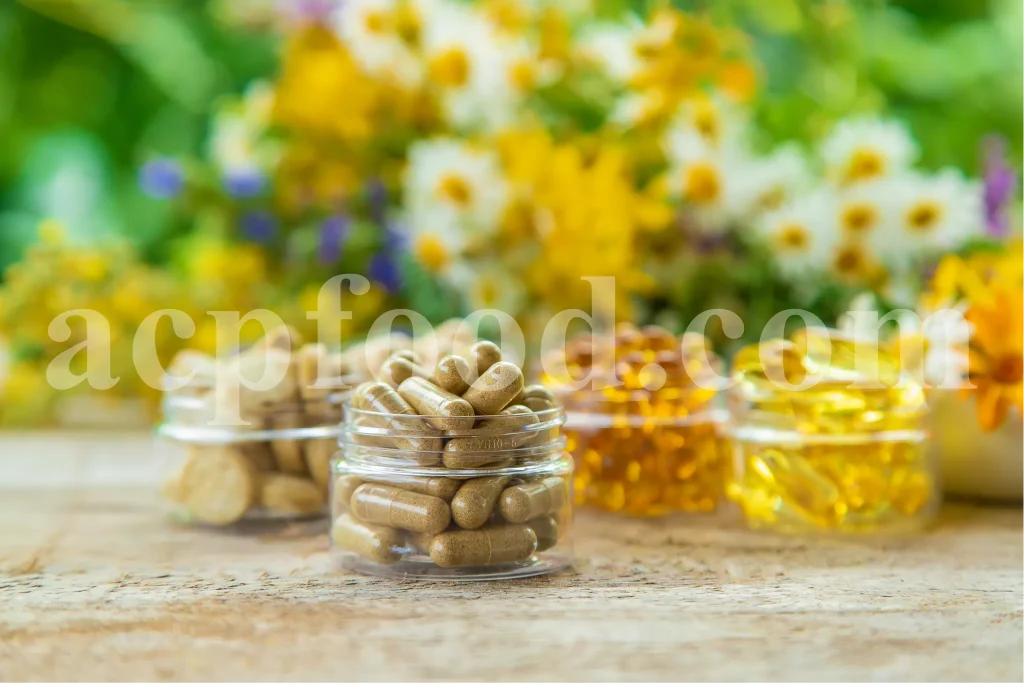
In today’s marketplace, a clear shift is taking place — from synthetic additives to natural, plant-based ingredients that carry both heritage and health benefits. Around the world, manufacturers and research laboratories are rediscovering the scientific potential of what traditional healers once knew: the remarkable bioactivity of medicinal plants in the UK and beyond.
This growing global trend toward functional botanicals and natural wellness ingredients is reshaping how industries approach product development. From pharmaceutical herbs UK and nutraceutical formulations to cosmetic actives and herbal teas and remedies UK, innovation now stems from the roots of tradition.
ACPFOOD: Combining Heritage with Scientific Precision
At ACPFOOD, we unite traditional herbal knowledge with modern scientific documentation to meet the demands of today’s global market. Each batch of our herbs, seeds, and resins is accompanied by detailed Certificates of Analysis (CoA), Safety Data Sheets (SDS), and Technical Data Sheets (TDS) — ensuring traceability, purity, and compliance for professional buyers.
We source directly from nature and serve diverse industries — supplying R&D laboratories, pharmaceutical and nutraceutical manufacturers, cosmetic brands, and private-label producers seeking certified medicinal herbs and botanical extracts UK.
Through this integration of heritage and innovation, ACPFOOD plays a pivotal role in supporting the UK’s transition to a more sustainable, plant-based economy.
Today, the integration of botanical knowledge with scientific validation is shaping the next generation of herbal products.
The National Institute for Health and Care Excellence (NICE) in the UK has increasingly recognized the value of plant-based compounds in evidence-based health solutions — echoing the balance ACPFOOD promotes between nature and science.
🔗 Explore more:
Conclusion – The Natural Future of UK Wellness

Traditional and Modern Uses of Medicinal Herbs in the UK reveal an unbroken chain between Britain’s past and its future. From monastic gardens and countryside apothecaries to today’s wellness labs and cosmetic studios, medicinal plants in the UK continue to shape both heritage and innovation. The country’s long-standing respect for nature has evolved into a sophisticated, science-based industry that values purity, sustainability, and traceability.
Across the UK, manufacturers and researchers are rediscovering what traditional herbal medicine has always known — that plant-based ingredients hold remarkable potential for health, beauty, and nutrition. Whether it’s developing herbal teas and remedies, formulating botanical extracts for nutraceuticals, or sourcing natural ingredients for cosmetics, the revival of herbal craftsmanship is paving the way for a more sustainable, wellness-driven future.
At ACPFOOD, we stand at the intersection of tradition and progress. Our mission is to deliver certified medicinal herbs, resins, and botanical ingredients that combine ancestral knowledge with modern quality assurance. Each product is accompanied by full documentation — CoA, TDS, and SDS — ensuring suitability for R&D laboratories, nutraceutical companies, and private-label manufacturers.
We invite UK buyers, formulators, and industry partners to explore our range of natural botanicals and collaborate with us in shaping the next generation of plant-based innovation.
From field to formulation – ACPFOOD supplies premium medicinal and aromatic herbs to help UK manufacturers create naturally effective products.
🌿 Explore more:
🔗 Medicinal herbs wholesale in the UK

